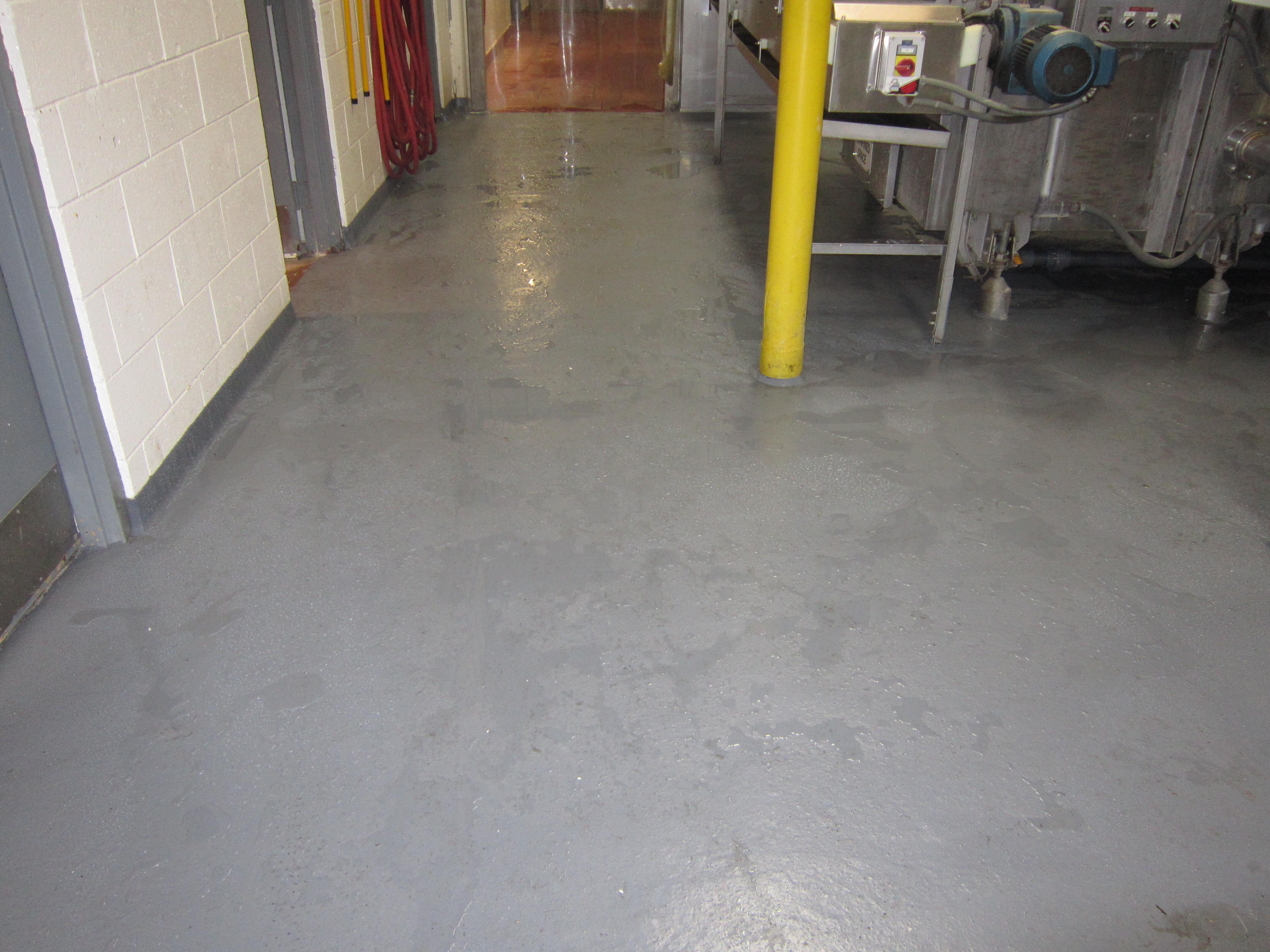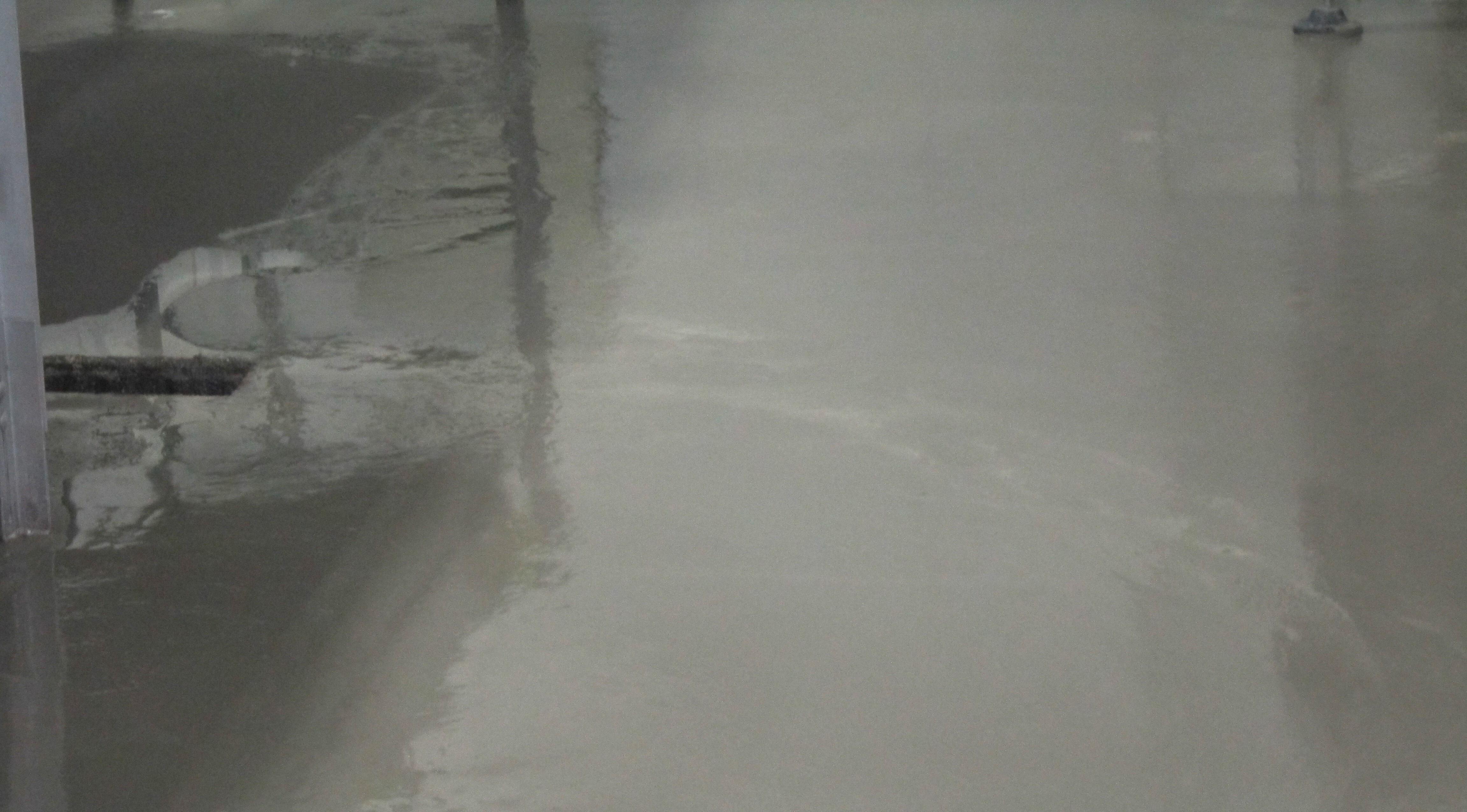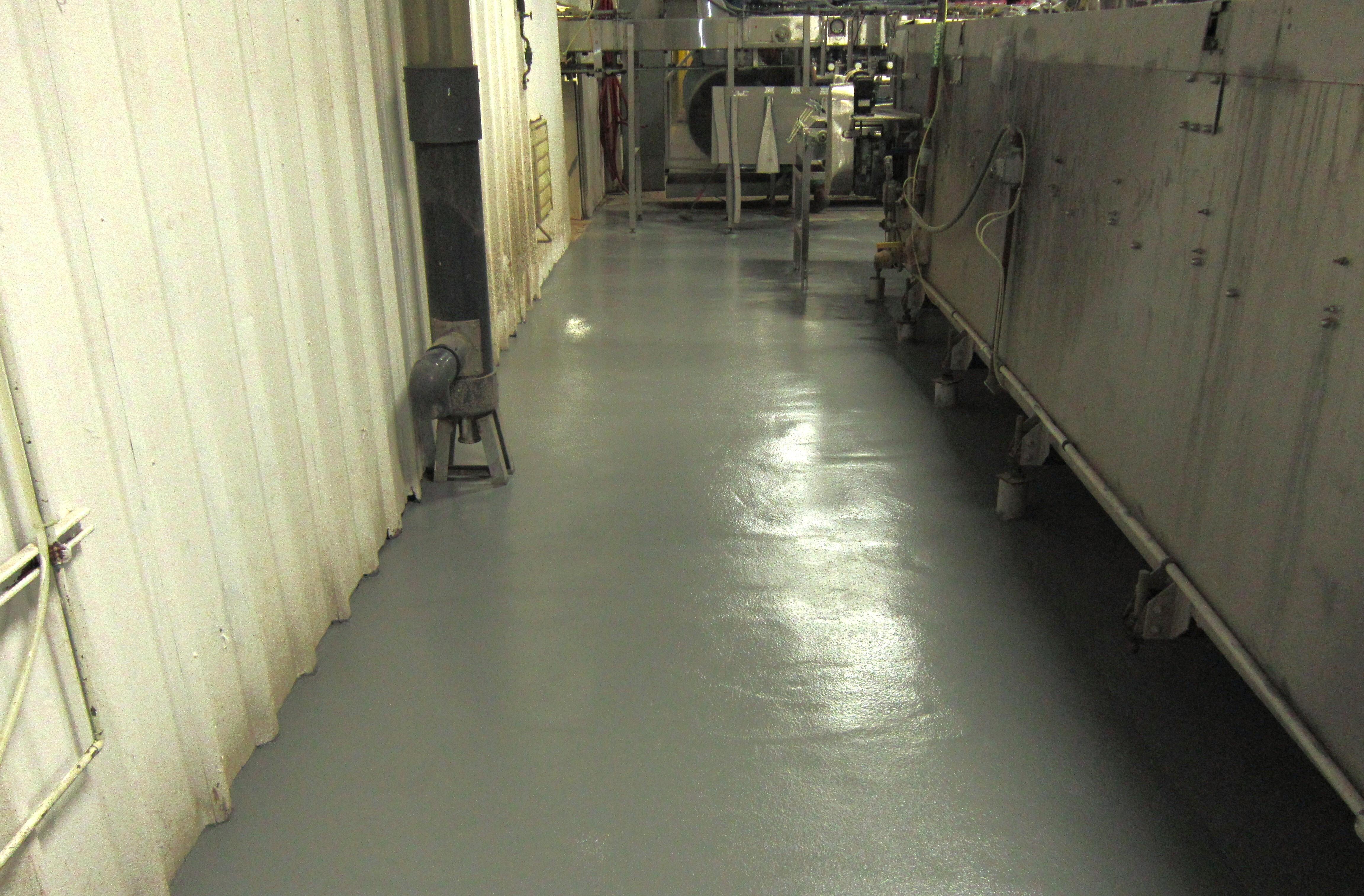Restoring Food Processing Floors with FLAT ROCK™: A Step-by-Step Guide
Maintaining hygienic and durable floors in food processing facilities is crucial. Over time, concrete floors can develop cracks, uneven surfaces, and wear, compromising cleanliness and safety. FLAT ROCK™ Pourable Concrete Floor Overlay offers an efficient solution to restore and level these floors, ensuring a smooth, resilient surface suitable for food production areas.
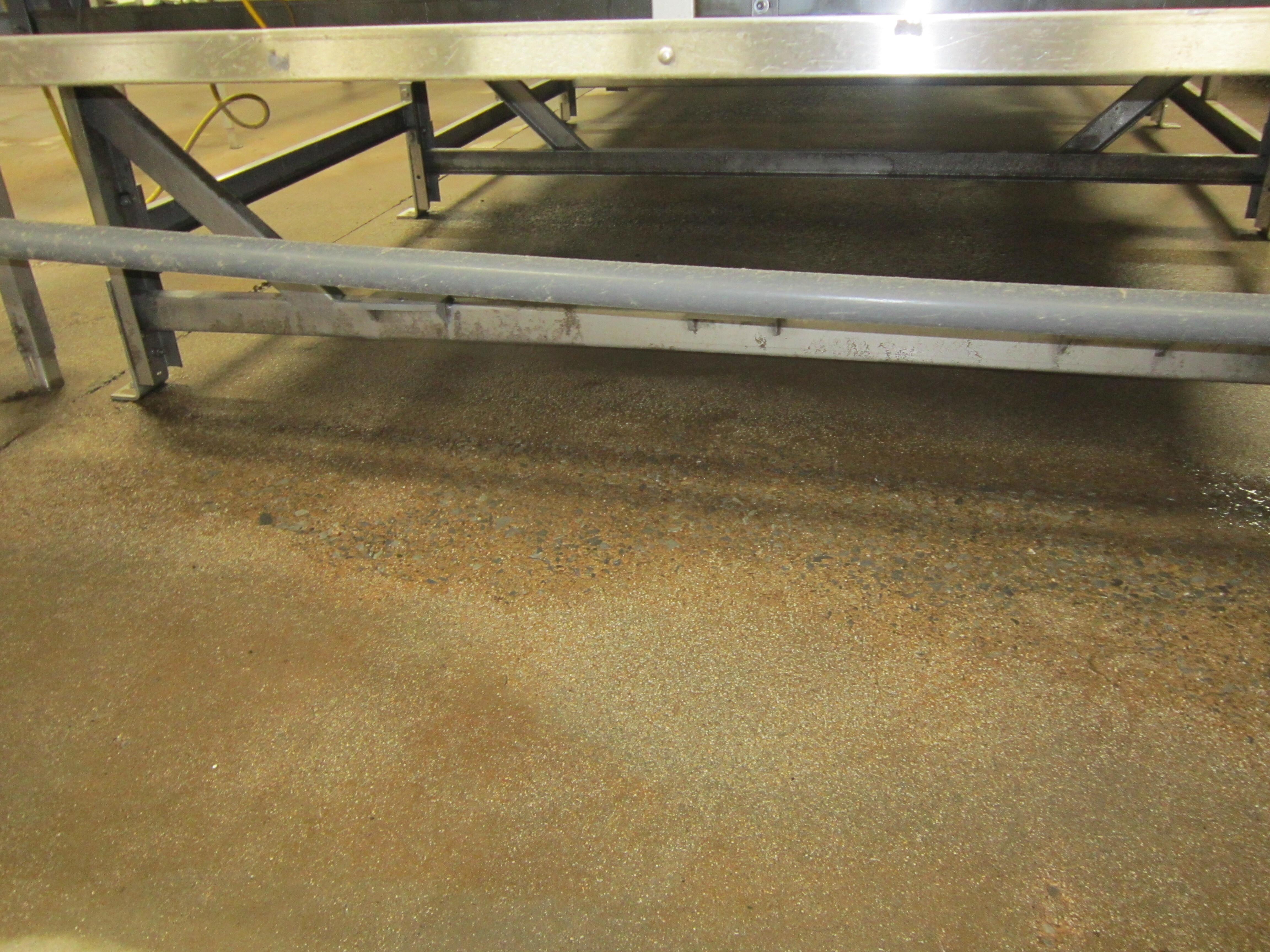
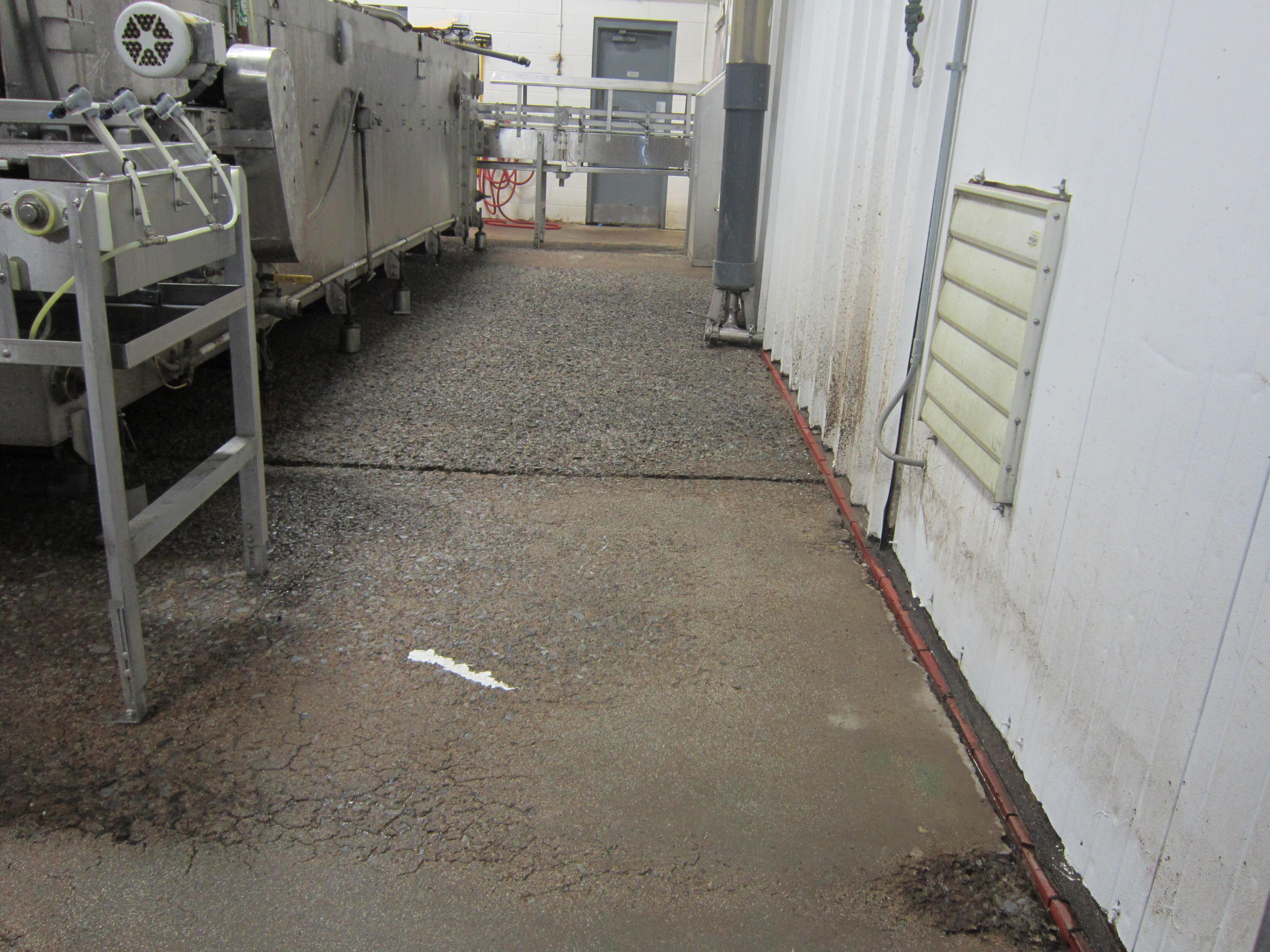
Step-by-Step Guide:
Step 1: Surface Preparation
Begin by thoroughly cleaning the existing concrete floor to remove all dirt, grease, and contaminants. This step is vital for ensuring proper adhesion of the overlay. If the surface has significant imperfections, consider using a mechanical grinder to achieve a uniform profile.
Step 2: Mixing FLAT ROCK™
FLAT ROCK™ is a one-component, self-leveling compound that requires no troweling. Mix the powder with water as per the manufacturer's instructions until a smooth, pourable consistency is achieved.
Step 3: Application
Pour the mixed FLAT ROCK™ onto the prepared floor. Use a squeegee, flat trowel, or pin rake to spread the material evenly across the surface. The overlay can be applied from a featheredge up to 2 inches thick in a single pour.
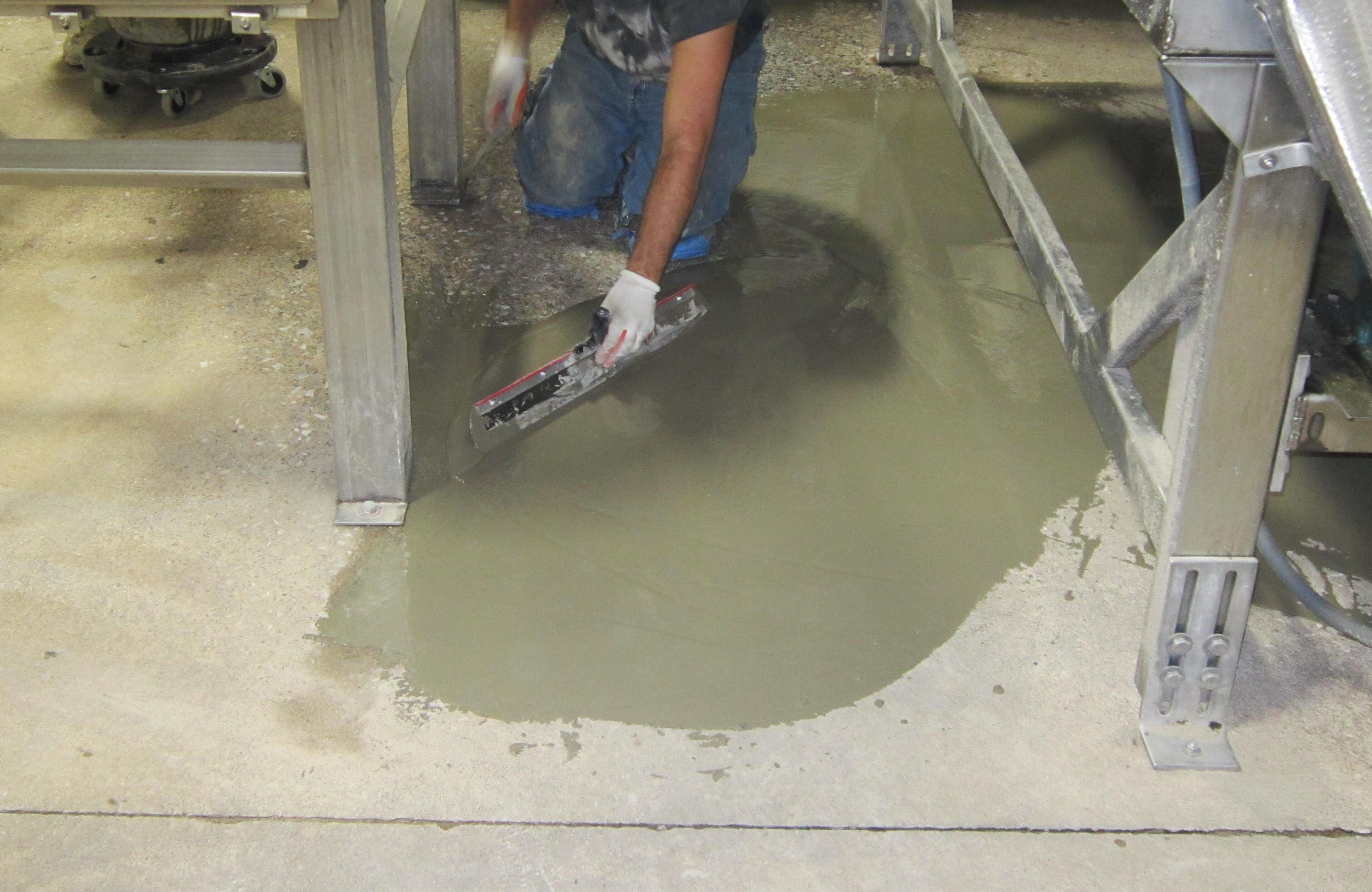
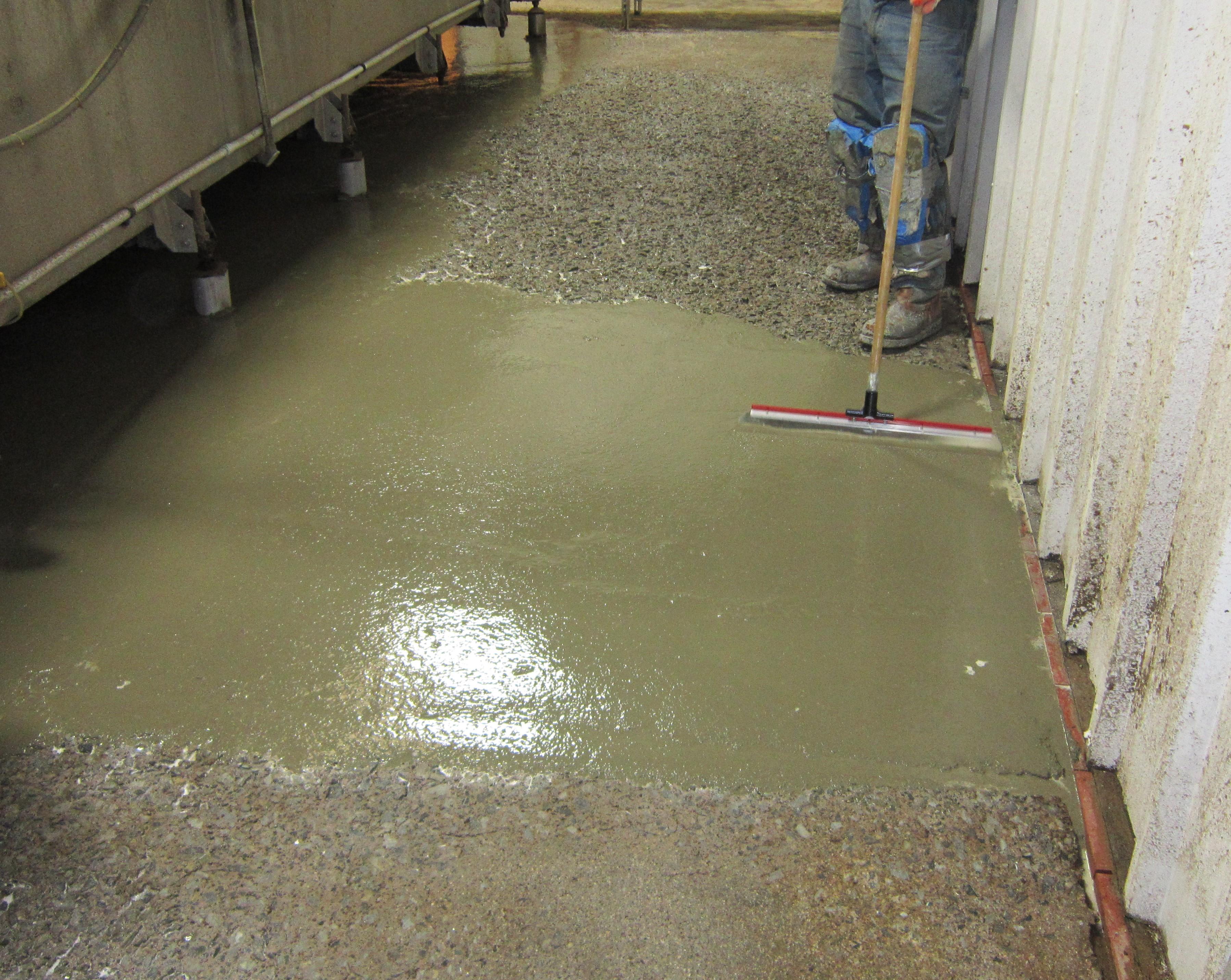
Step 4: Curing
Allow the overlay to set for 4-8 hours at 70°F. The floor can be top-coated with epoxy, urethane, or other flooring systems once the FLAT ROCK™ has cured.
Step 5: Top Coating (Optional)
For added durability and chemical resistance, apply a suitable topcoat over the cured FLAT ROCK™ surface. This step enhances the floor's performance in demanding food processing environments.
Bringing Floors Back to Life
By following these steps, food processing facilities can restore their floors to a like-new condition, improving both functionality and aesthetics. FLAT ROCK™ provides a cost-effective, efficient solution for floor restoration, minimizing downtime and ensuring a safe, compliant workspace.
